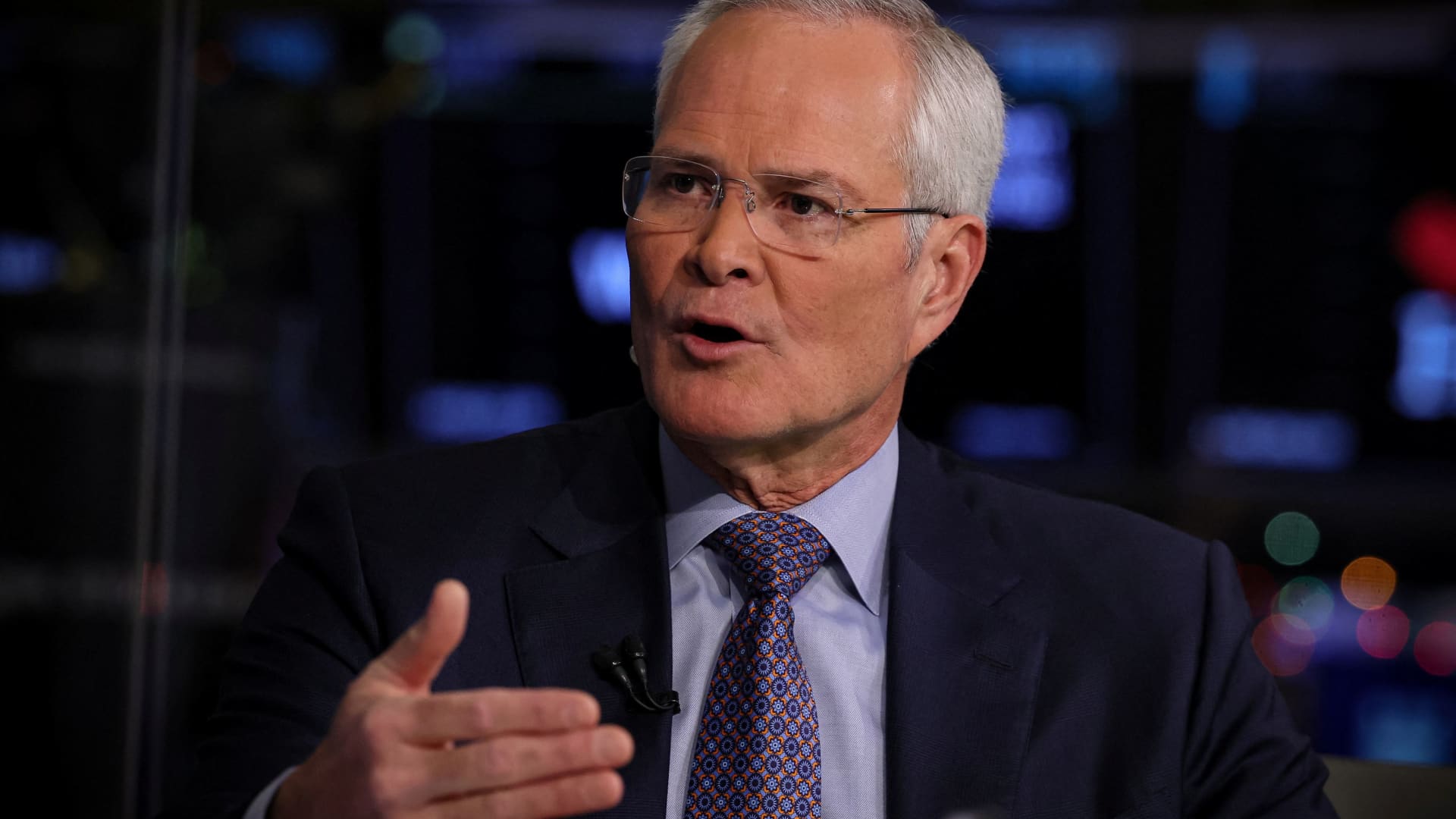Exxon CEO dismisses worries FTC could hold up Pioneer deal, does not see competition concerns

Exxon Mobil CEO Darren Woods on Thursday dismissed worries that the Federal Trade Commission could hold up the oil giant’s pending acquisition of Pioneer Natural Resources.
“I don’t think there’s any angle that you can look at this potential combination and find any concerns about competition,” Woods told CNBC’s “Squawk on the Street” in an exclusive interview. The deal is expected to close in the first half of 2024.
Woods said that while the $60 billion deal appears large, the transaction is small in the context of the broader U.S. oil market. He said crude production from the acquisition of Pioneer would amount to less than 5% of the U.S. total.
The Pioneer deal is Exxon’s largest since its $75 billion merger with Mobil in 1999. Pioneer is one of the largest producers in the oil-rich Permian Basin.
The FTC sought additional information from Exxon this week on the acquisition. Woods said Exxon will respond as quickly as possible: “We think it’s reasonable to take a look,” he said of the FTC probe.
Senate Majority leader Chuck Schumer, D-N.Y., and more than 20 of his Democratic colleagues called on the FTC to scrutinize Exxon’s acquisition as well as Chevron’s deal to buy Hess for $53 billion.
The senators argued the deals could lead to higher gas prices for Americans.
“These deals have all the hallmarks of harmful, anticompetitive effect, and if they’re allowed to happen, Americans could see the consequences through higher prices at the pump,” Schumer said in a Senate speech last month.
Exxon is investing heavily in production in the Permian Basin and the South American nation of Guyana. Neighboring Venezuela on Sunday voted to claim sovereignty over a swathe of territory in Guyana.
Woods said the border issue between Venezuela and Guyana is long standing and he expects the dispute to be resolved in the International Court of Justice.
When asked about fears Venezuela could invade its much smaller neighbor, Woods said he does not believe Guyana would stand alone in such a scenario.
“We’ve all seen what happens when nations’ sovereignties are challenged and unilateral actions taken,” Woods said. “My expectation is there’s more broad support in the international community to make sure that the right processes are followed to resolve this dispute.”
“We know what we need to do in country: develop those resources economically, environmentally responsibly and do what we’ve been contracted to do,” the CEO said.
Don’t miss these stories from CNBC PRO:
- Saudi Arabia is struggling to boost oil prices, raising possibility of supply war with U.S.
- Here’s where to invest $250,000 for the next 5 years
- Citi is so bullish on this biotech stock it gives it 800% potential upside
- ‘It’s beginning to look a lot like VIX-mas.’ What Wall Street’s fear gauge is saying right now




